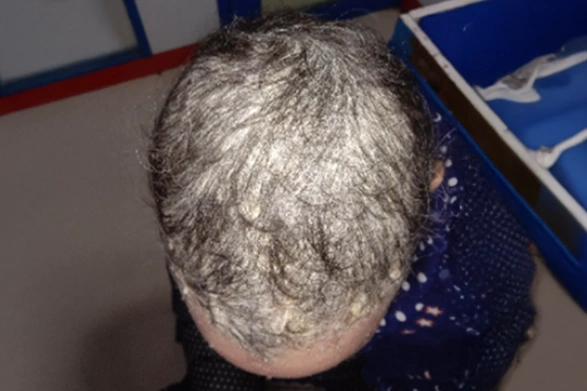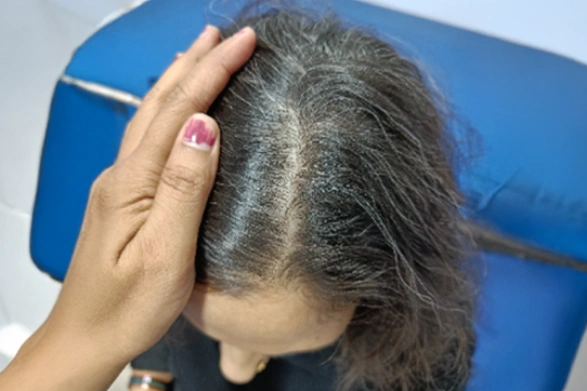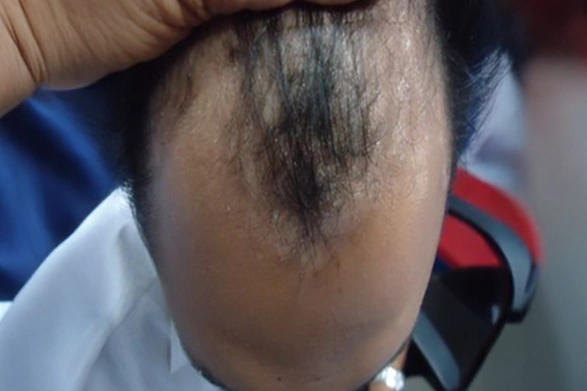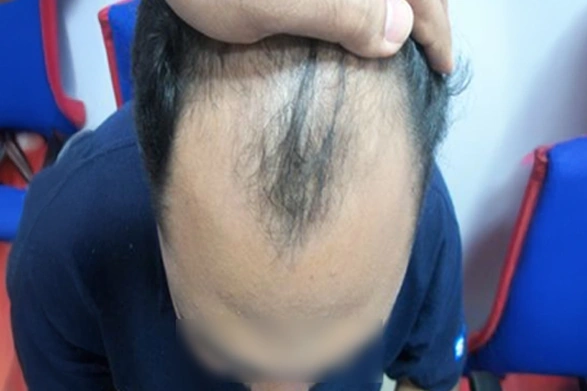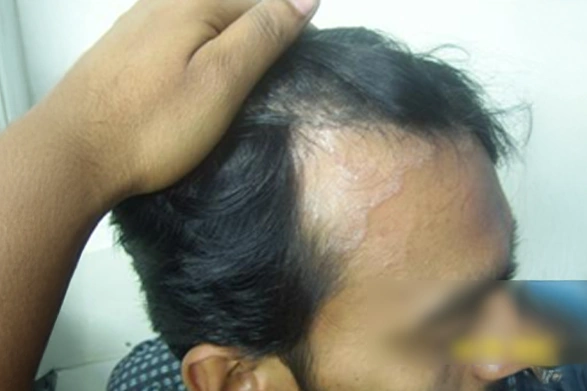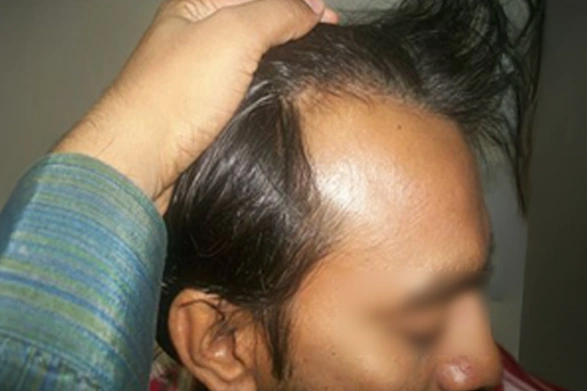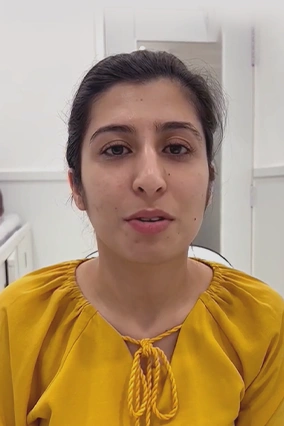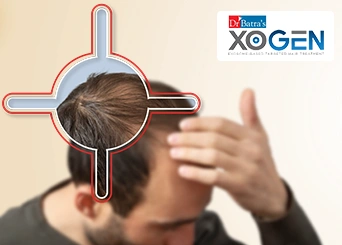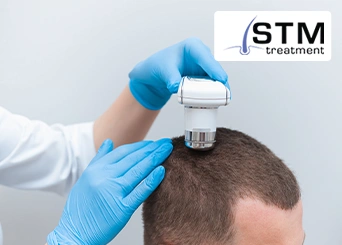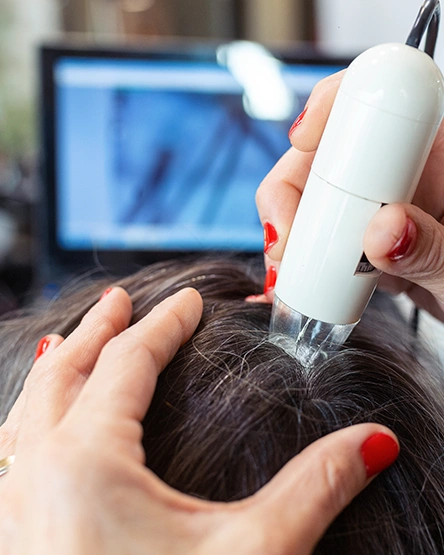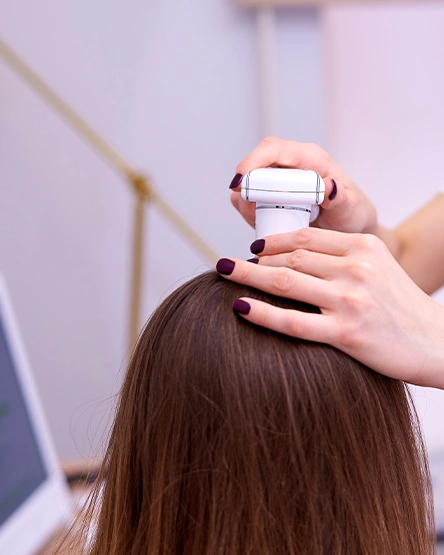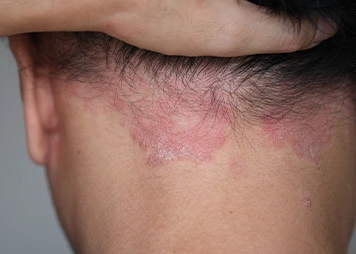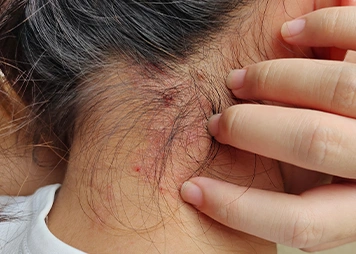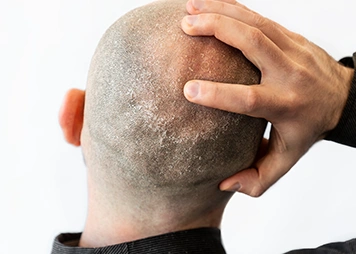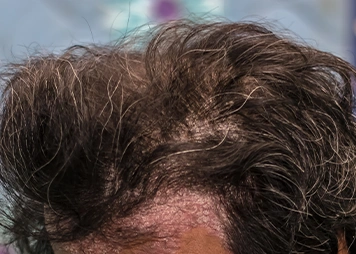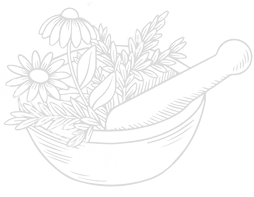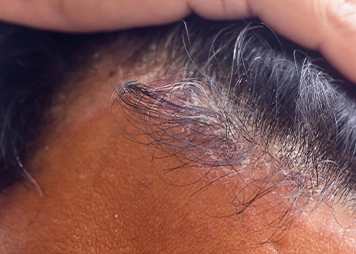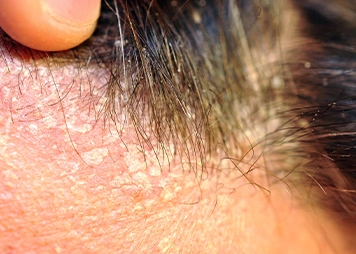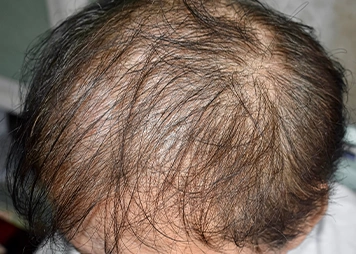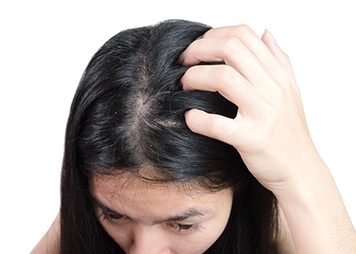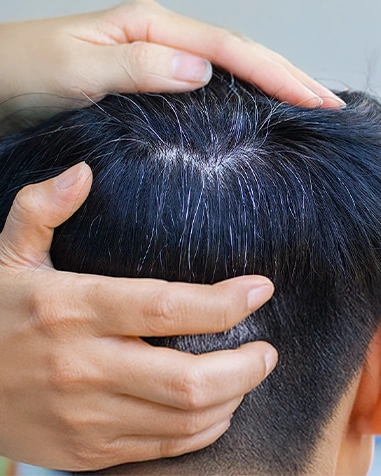✓ Over Four Decades of Clinical Practice
With 40+ years of experience in homeopathy, Dr Batra’s® has managed a wide range of chronic scalp conditions, including hair psoriasis. Our treatment protocols are guided by long-term patient outcomes, not temporary cosmetic relief.
✓ Detailed Scalp Evaluation
Every patient undergoes a comprehensive scalp examination by an experienced doctor. Medical history, symptom patterns, and family background are reviewed carefully. Where required, further investigations help assess the severity before initiating scalp psoriasis treatment.
✓ Treating the Source, Not Just the Surface
Instead of only reducing visible flakes, our doctors identify underlying factors such as immune imbalance, stress response, genetic predisposition, or environmental triggers that contribute to psoriasis on head.
✓ Combined Care for Better Symptom Control
When clinically advised, homeopathic medicine for itching and supportive aesthetic scalp treatments are used together to help manage redness, thick plaques, and discomfort more effectively.
✓ Gentle, Non-Invasive Treatment
Our scalp psoriasis treatment avoids steroids and harsh chemicals. The focus is on calming inflammation and restoring scalp health without dependency or irritation.
✓ 350+ Experienced Doctors
Care is provided by qualified BHMS and MD (Hom.) doctors, with access to dermatologists and trichologists. Expert reviews ensure accurate diagnosis and personalised treatment planning.
All our homeopathic treatments are available across our 200+ clinics in India, The UK, The UAE, Bangladesh, Thailand, Malaysia & Bahrain.



